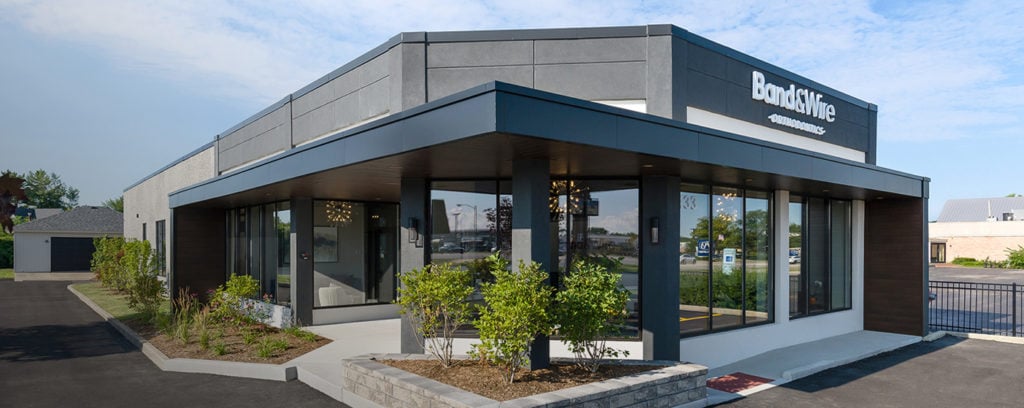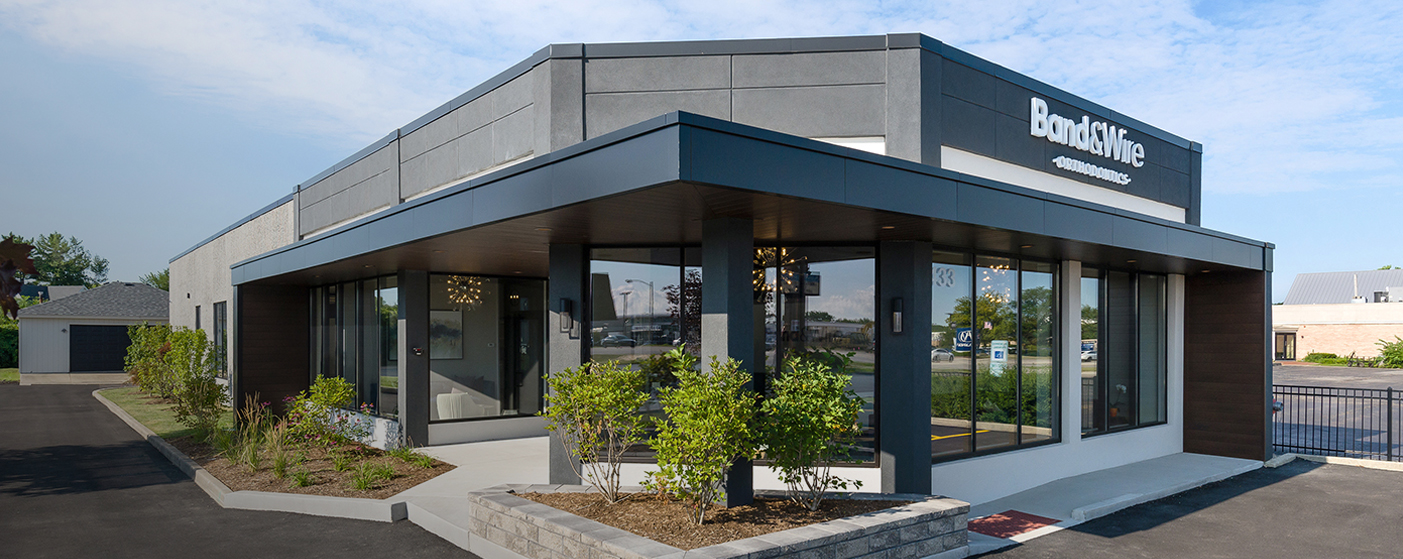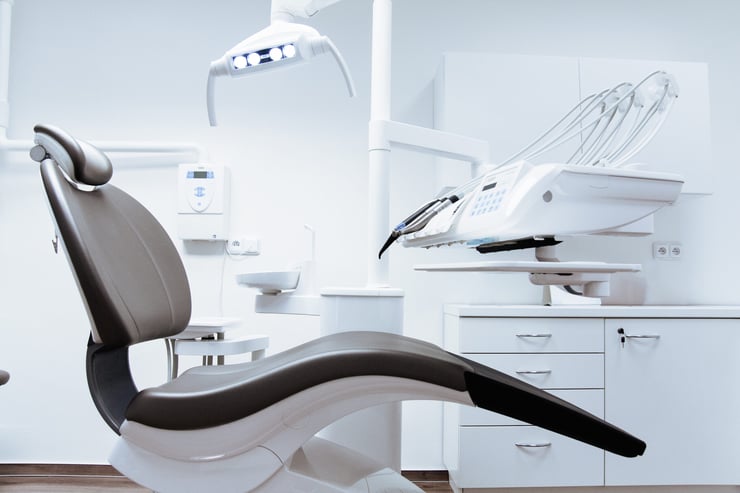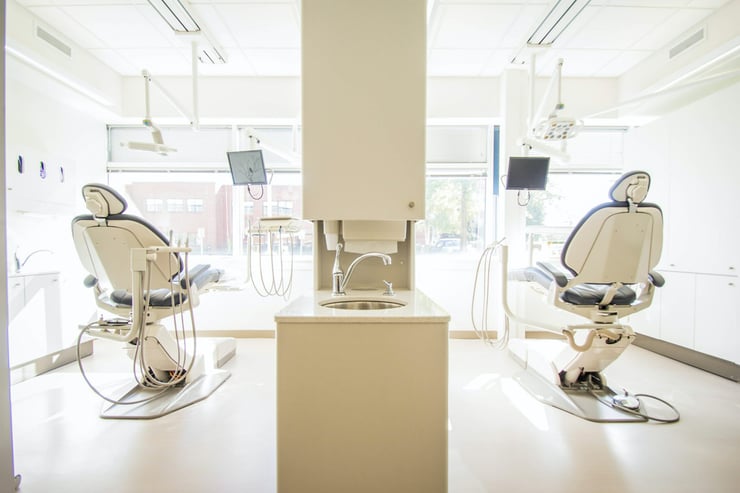Buying or Leasing Your Practice Real Estate

THE FINANCIAL PROS AND CONS OF REAL ESTATE OWNERSHIP FOR DENTAL PRACTICE OWNERS
Your office space is a major financial investment regardless of whether you lease or purchase it. Making the choice between leasing and buying can be difficult when searching for office space or evaluating your current location. Each option has pros and cons. The best decision for your business is largely dependent on your needs and expectations for the future.
You are paying for the real estate either way. Owning simply allows you to create your own equity instead of paying to build someone else’s. For your primary location, owning makes the most sense if you can. Leasing leads to loss of control over the rental rate and lease terms. In some cases, ownership can provide opportunities for cash flow such as renting out space to other tenants.
However, ownership is not all roses and daisies. As an owner, you are responsible for structural costs such as repairing the roof or HVAC system, problems that could require putting out substantial cash. Secondary or satellite locations and younger practices in the growth phases are also good candidates for leasing. Leasing is a lower risk way to spend a few years building up patient flow or saving for a down payment.
THE TYPE OF BUILDING MATTERS
Cash flow is a very important part of the purchasing equation. When buying an existing building, most banks only finance 80% and require a 20% down payment. Depending on the location of the office and the real estate market, this may involve a substantial amount of money.
On the other hand, ground-up construction typically offers 100% financing, but the interest rate is more expensive and usually comes with a SBA (Small Business Administration) fee in order to obtain this government-backed loan.
There are a lot of options out there for financing business structures. Banks and other lenders are getting creative, especially for building ground up. For business partnerships, owning the building together as part of a building LLC allows the owners to share the financial burden.
ADVANTAGES TO OWNING
- Low financing costs for existing buildings. Interest rates are at a historic low. You have the opportunity to build equity instead of paying a landlord.
- Fixed overhead. Owning your premises means you know what your future costs will be and won’t be surprised by a dramatic spike in lease prices after the current lease contract is up.
- Renovations and equipment on your schedule. Dental practices use specialty equipment and fixtures that are difficult and expensive to move. Owning your property ensures you only have to make renovations on your own schedule.
- Business assets. Premises owned by the business are an asset that can be used as collateral for debt or equity financing if needed.
- Potential for appreciation in value or additional revenue. If you are fortunate enough to purchase the building in an up-and-coming area or at the bottom of a real estate cycle, the property may increase in value over time. Ownership also brings the opportunity to sublet for additional revenue should you have extra space.
- Tax advantages. Ownership has perks when it comes to filing your taxes. Things like depreciation and the interest expense on your loan are deductible. A cost segregation study can also be performed to break out the cost of the building into useful lives by category—which allows you to recognize depreciation more quickly.
DISADVANTAGES TO OWNING
- Tying up capital. If your practice is in a startup or growth phase, you may prefer liquidity rather than buying commercial space.
- Cost savings may be negligible. When leasing, the costs of property taxes, maintenance and repairs, insurance, and other expenses are part of your lease agreement. However, if you own the premises, these factors are your responsibility.
- Possible decline in property values. Just as there is potential for appreciation, there is a risk for value depreciation. Property values can be negatively impacted by changing demographics, local tax increases, or deteriorating business conditions. This can affect selling your property.
THE SHORT ANSWER
There is no one size fits all answer. If you are considering buying real estate for your practice, have a professional run the numbers to determine affordability. Your business and financial consultant can assess cash flow, depreciation, and interest expenses to make sure it is financially advantageous for you and your business.
Still have questions on your personal scenario? Get an expert on your side to answer all the tough financial questions related to your dental practice and personal needs. Contact our team and let us help you make an informed decision.
At LenDRgroup Consulting, we care about your practice’s long-term success. Whether you need practice financing or business consulting, we are able to craft a customized plan to fit the unique needs of not only your practice, but also your career. We bring a lending platform of 300+ dental and healthcare-specific lenders, and we built this network with the purpose of helping dentists, veterinarians, and physicians. We strive to help you reach your dreams of practice ownership while eliminating the obstacles associated with practice financing.
To date, we have helped hundreds of medical professionals expand and grow their practices. LenDRgroup Consulting recognizes and understands the needs of your business and can help you avoid costly mistakes. So, let’s get started. Contact us today to schedule a one-on-one consultation.



